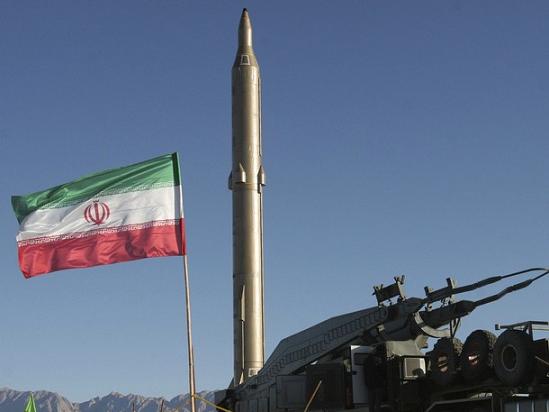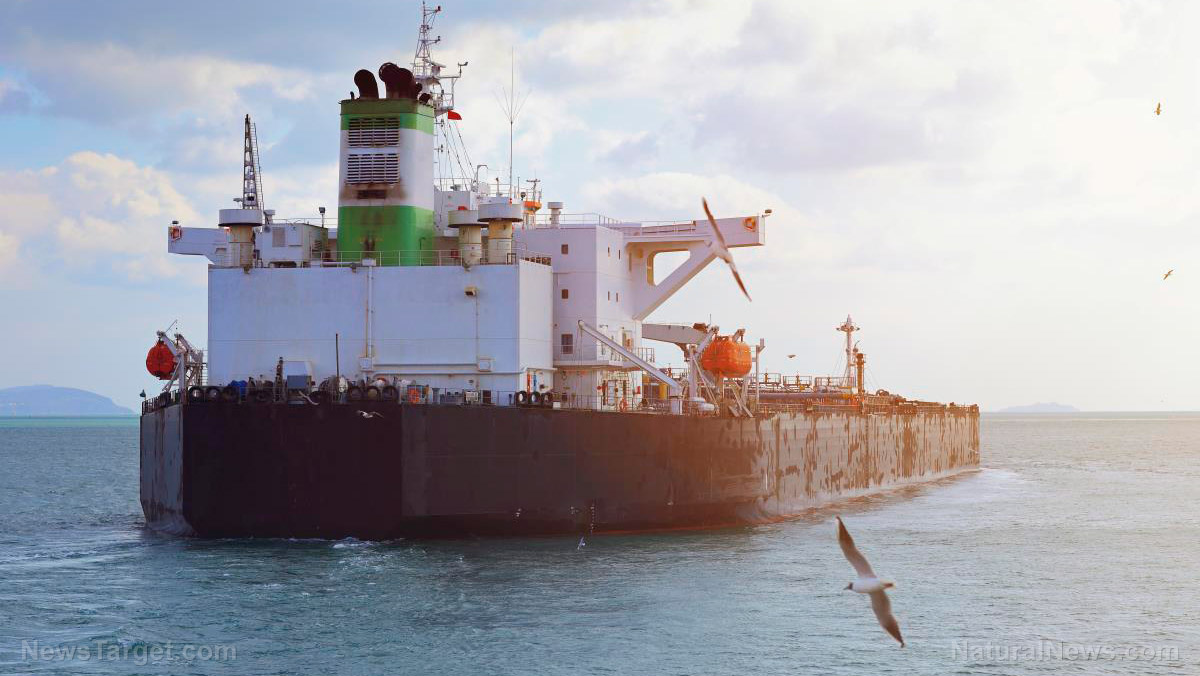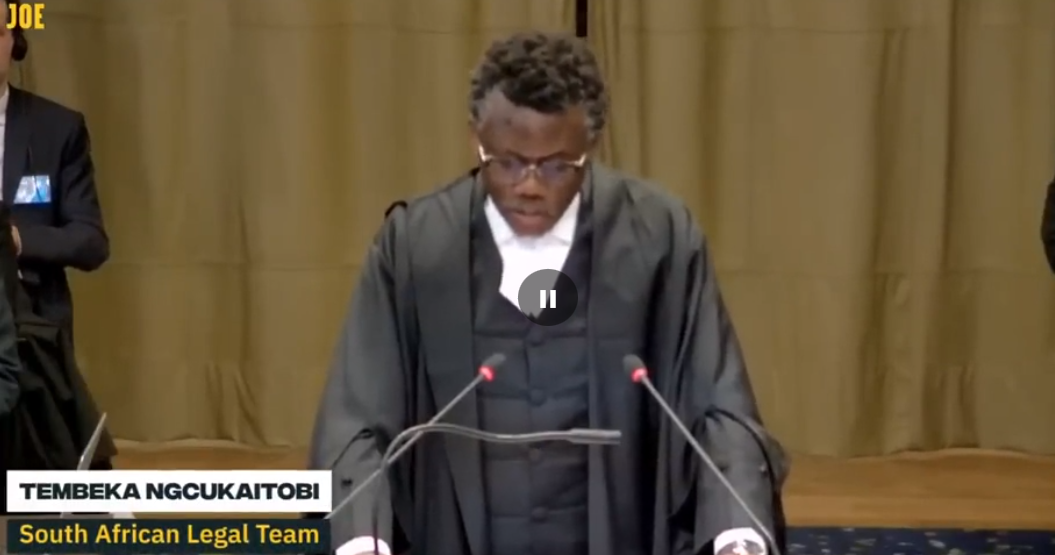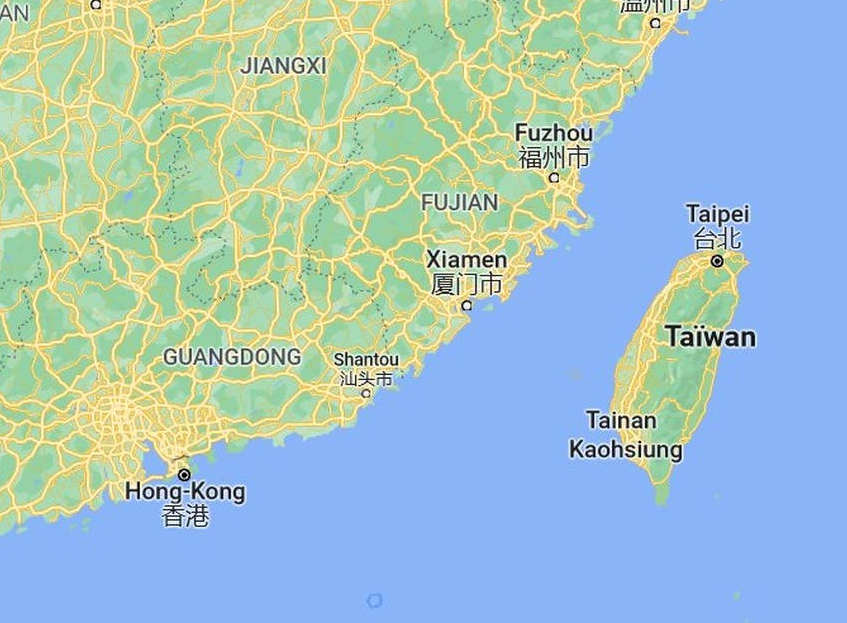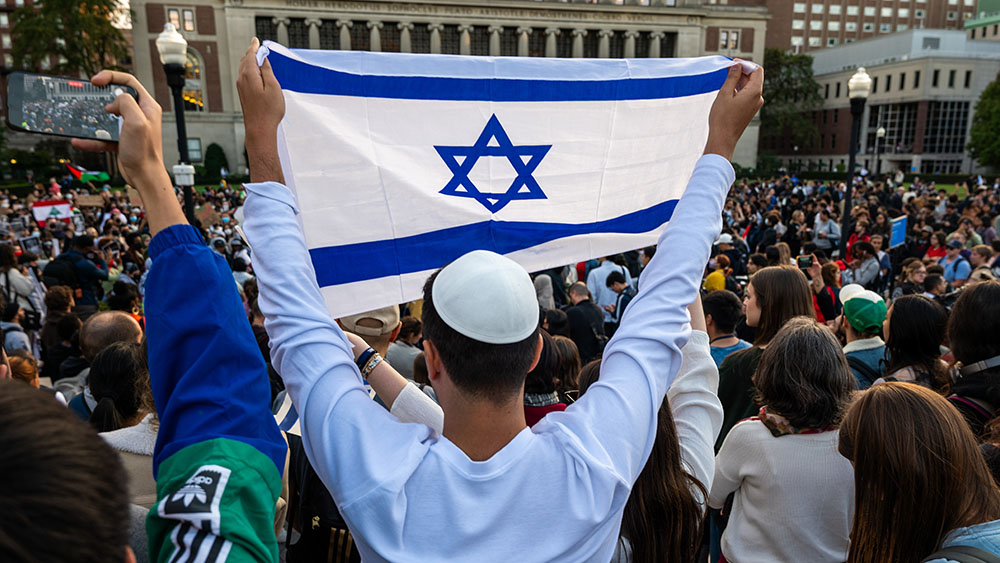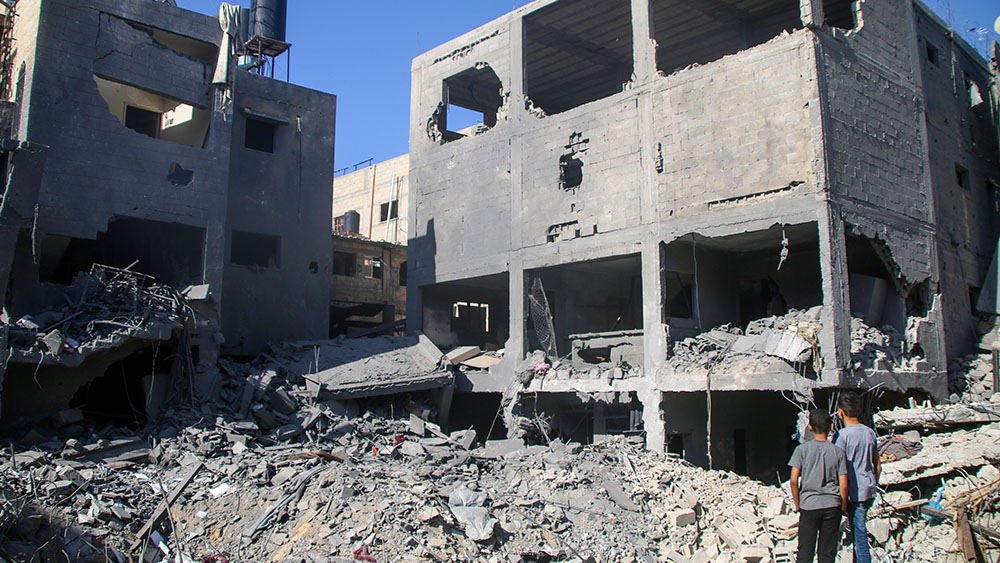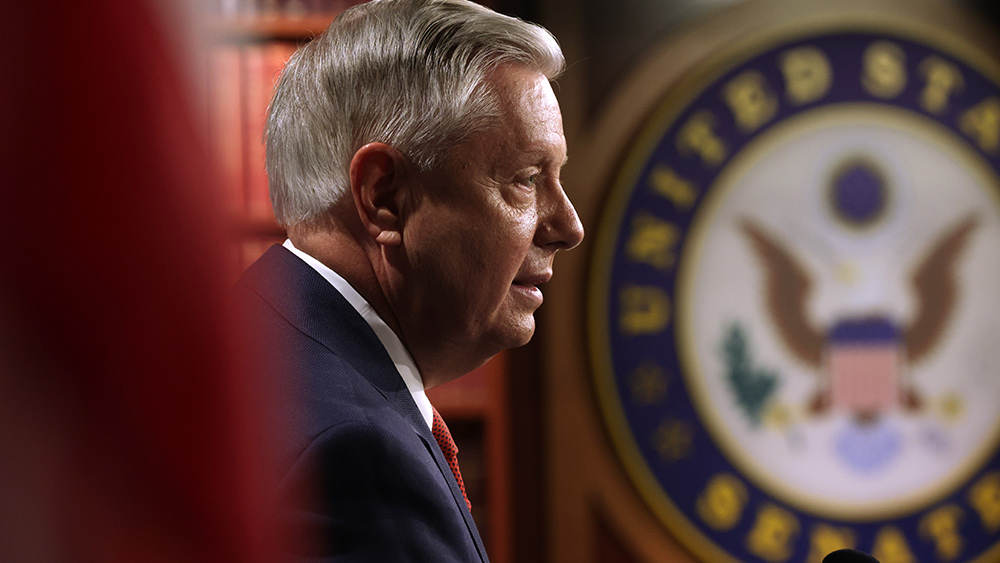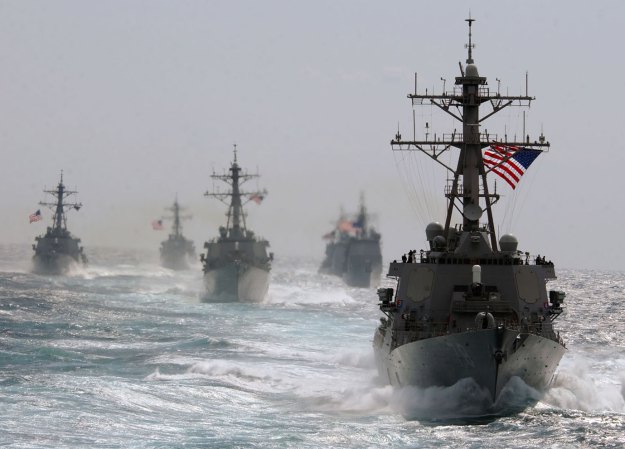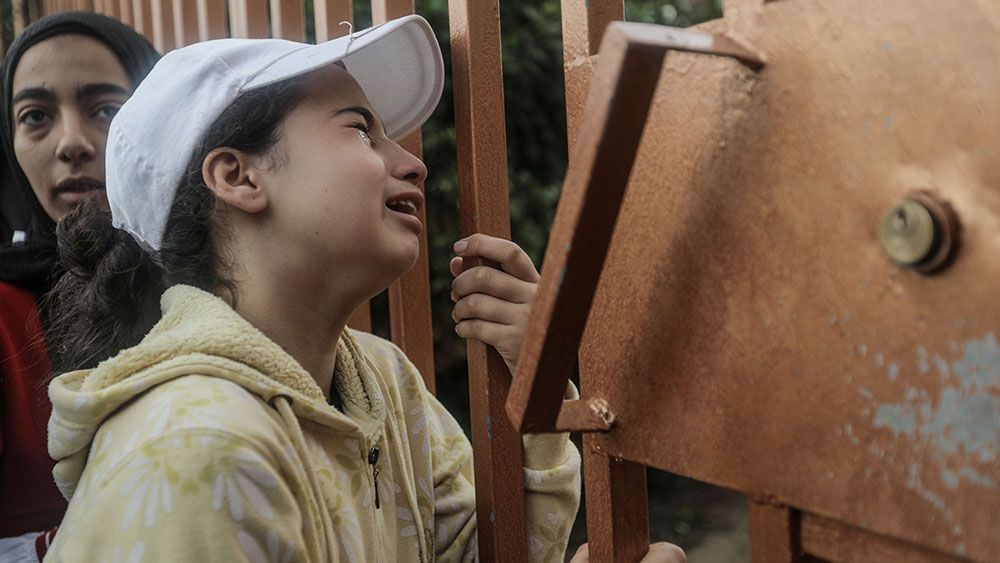U.K. cash cow: PM Sunak announces $3.2B in military aid for Ukraine
01/15/2024 / By Richard Brown

United Kingdom Prime Minister Rishi Sunak’s announcement of a £2.5 billion ($3.2 billion) military assistance package for Ukraine is the highlight of his recent visit to Kyiv.
Against the backdrop of political tensions on both sides of the Atlantic, the aid package is positioned as the U.K.’s most substantial annual commitment since Russia’s offensive started in February 2022.
The decision to provide enhanced military assistance comes at a critical juncture as Ukraine faces challenges not only on the battlefield but also regarding financial support.
Sunak, in a resolute message from the Ukrainian capital, asserted the U.K.’s unwavering support for Ukraine, stressing that Britain will stand by its ally through challenging times and beyond.
The aid package, set to commence in the upcoming financial year in April, is more than just financial assistance; it is framed as the initial step toward a long-term, “totemic” security agreement between the U.K. and Ukraine, indicative of a robust and enduring partnership.
The bilateral accord, formally known as the U.K.-Ukraine Agreement on Security Cooperation, goes beyond mere financial aid. It outlines a range of measures that include security guarantees from the U.K. for Ukraine and a commitment to provide rapid and sustained defensive assistance in the event of another Russian attack. This comprehensive agreement signifies the mutual understanding that the security of one nation is intricately linked to the security of the other.
The aid package itself is strategically crafted, addressing critical needs in Ukraine’s defense capabilities.
Allocating significant funds for long-range missiles, air defense and artillery ammunition, the U.K. aims to bolster Ukraine’s military capabilities.
Notably, a substantial portion of the aid, £200 million ($254.6 million), will be dedicated to military drones – a vital contribution that underscores the evolving nature of modern warfare.
In addition to military support, the aid package includes a humanitarian dimension, with £18 million ($22.9 million) allocated for humanitarian aid.
This multifaceted approach reflects a commitment not only to Ukraine’s defense but also to addressing the broader challenges faced by the country, including the well-being of its citizens.
However, the announcement also raises questions about the broader geopolitical landscape.
The political dynamics in Europe and the United States, including dissent among lawmakers over the effectiveness of financial assistance in Ukraine, pose challenges. The White House’s acknowledgment that support for Ukraine has “ground to a halt” underscores the complexities involved in sustaining international backing.
U.K.’s support a big shot in the arm for Ukraine
The U.K. support is seen as a big shot in the arm for Ukraine, whose current outlook is far less optimistic. A long-anticipated Ukrainian offensive in the south has seen minimal progress. And Russia, seemingly resilient to international sanctions, has transformed its economy into a war machine. (Related: Ukraine purchases 50,000 women’s uniforms amid worries that females could be conscripted.)
The Russian approach to war, characterized by absorbing substantial losses while intensifying the fight, has blunted Ukraine’s military advantages.
The Ukrainian military’s tactical and technological edge has diminished, as acknowledged by its top general in a recent candid essay. Moscow remains grimly determined, with the Kremlin signaling skepticism among Western backers about Ukraine’s ability to reclaim the 17 percent of its territory still occupied by Russian forces.
Putin, in a year-end news conference, scoffed at Ukraine’s current state, claiming it produces almost nothing and relies heavily on Western assistance.
Meanwhile, Hungarian Prime Minister Viktor Orban’s blocking of a $55 billion European Union financial aid package for Ukraine has raised concerns, with some likening it to having Putin at the table.
This financial setback poses risks to Ukraine’s government spending on essential areas, such as salaries and healthcare. Zelensky, facing increasing challenges and admitting his fatigue, finds it challenging to sustain Ukraine’s international prominence amid shifting global priorities.
Watch Ukraine say there is no Plan B if the West doesn’t send weapons.
This video is from the White Knight channel on Brighteon.com.
More related stories:
Ukraine-bound tanks sent by Germany are OUTDATED and NON-FUNCTIONING, official admits.
Ukraine grapples with power interruptions as winter approaches.
Sources include:
Submit a correction >>
Tagged Under:
big government, chaos, conspiracy, finance riot, insanity, military aid, military tech, money supply, national security, NATO, Rishi Sunak, Russia, UK, Ukraine, Volodymyr Zelensky, weapons technology, World War III
This article may contain statements that reflect the opinion of the author
RECENT NEWS & ARTICLES
COPYRIGHT © 2017 WWIII NEWS

